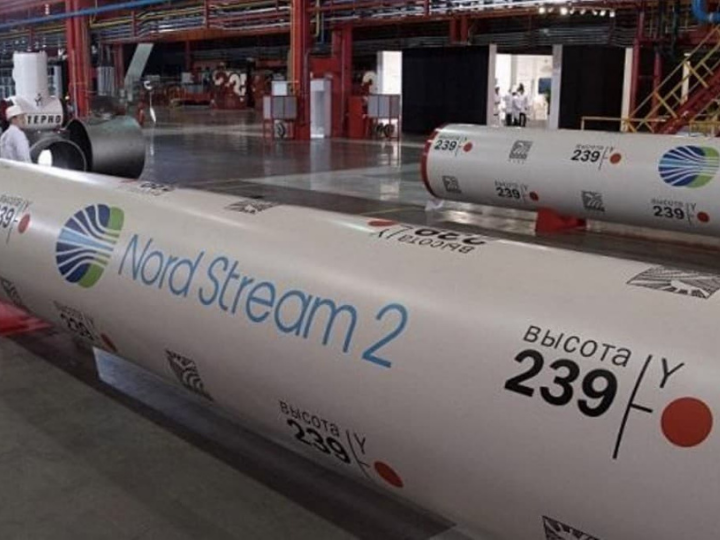N. Peter Kramer’s Weekly Column
EU wholesale gas prices have risen by 17% after Germany’s regulator suspended approval of the Nord Stream 2 natural gas pipeline from Russia to Germany. The pipeline was finished in September. Running under the Baltic Sea, Nord Stream 2 will double Russia’s gas export to Germany. It will circumvent Ukraine, which relies on existing pipelines and would be hard-hit by the loss of transit fees. German businesses have invested heavily in the 1.225 km pipeline and former German Chancellor Gerhard Schroder has played a big role in its development.
It is clear, the new pipeline plays its role in the new ‘cold war’ between the EU and Russia. Critics fear the new pipeline will increase further Germany’s already heavy energy dependence on Russia; it is much better to be dependent on a country like Ukraine of course. The German’s regulator’s decision to suspend certification has been welcomed by Naftogaz, the Ukrainian energy firm. The Polish gas company PGNiG responded with a call for energy solidarity in the EU. The Nord Stream 2 consortium declined to comment.
Gas prices were already high before the latest setback for Nord Stream 2. A cold winter in Europe last year put further pressure on supplies and, as a result, stored gas levels are much lower than normal. The German regulator’s decision adds something extra to the already high price. Presumably, the German consumers are the real losers.






